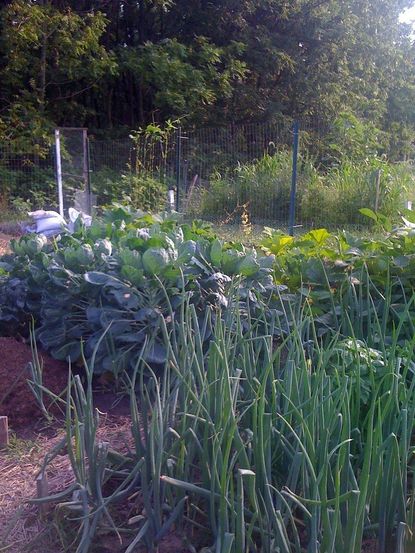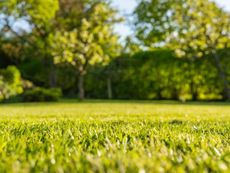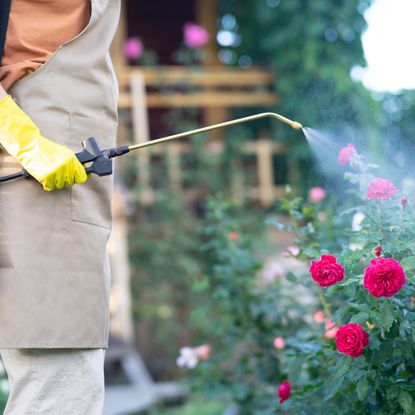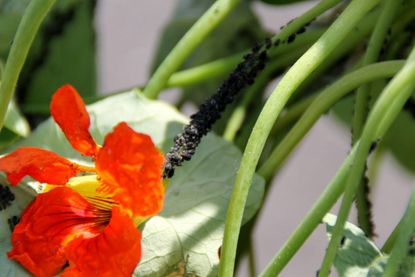Organic Gardens
Sustainable gardening means learning how to create an organic garden that thrives. Within these gardens nature takes care of everything, from organic weed and pest control to organic soil enhancement. You can find these organic gardening ideas and more in the pages that follow. Everything from how to grow organic garden plants to maintaining a chemical free environment will be explained in an easy-to-understand fashion. So get started now and enjoy the benefits of sustainable gardening with our organic gardening ideas and tips.
Editor's Picks
-
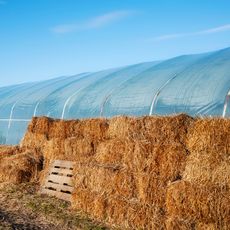
Make Your Own DIY Straw Bale Greenhouse For Sustainable Gardening
If you need a greenhouse but can’t afford to go all out with conventional aluminium frames, try a straw bale greenhouse. They help you to save money and grow sustainably
By Amy Grant
-
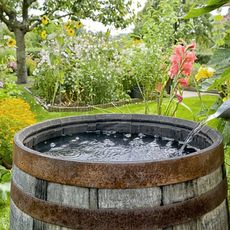
Sustainable Gardening Guide
What is sustainability? Click here to learn all about environmentally friendly gardening.
By Gardening Know How
-
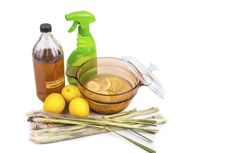
Eco-Friendly Insect Spray: Using Natural Pest Control Sprays In The Garden
Eco-friendly practices can sometimes leave ourselves, our loved ones, or our gardens vulnerable to harmful pests. Click this article to learn about using and making effective environmentally friendly bug sprays for people and plants.
By Darcy Larum
-
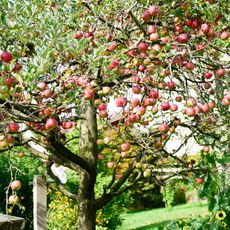
Tree Guild Permaculture – How To Plant A Tree Guild
Creating a tree guild provides a natural, self-sustaining, useful landscape that encompasses several plant species, each with its own purpose and benefit to the others. What is a tree guild? Use the information in this article to learn more.
By Bonnie L. Grant
-
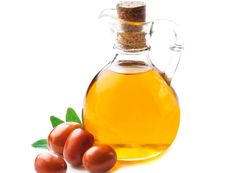
Jojoba Garden Uses – Tips On Using Jojoba Oil In The Garden
Horticultural oils include mineral oil and other petroleum derivatives as well as plant-derived oils accepted in organic farming and gardening. Jojoba oil is a natural, plant-based horticultural oil. Learn more about jojoba pesticide in this article.
By Ilana Goldowitz Jimenez
-
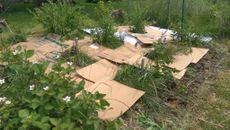
Cardboard Garden Ideas – Tips On Reusing Cardboard For The Garden
If you have recently moved, there is something fun you can do with all those cardboard boxes besides fill up your recycle bin. Reusing cardboard for the garden provides compostable material, kills pesky weeds and help you get a new bed ready quickly. Learn more here.
By Bonnie L. Grant
-
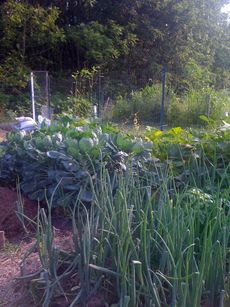
How To Grow An Organic Garden
Nothing compares to the plants grown in an organic garden. Nearly anything can be organically grown in the home garden. Read this article for more information on creating organic gardens.
By Kat Yares
-
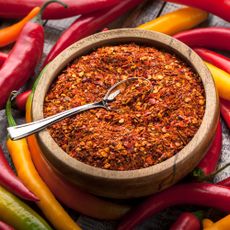
How To Make & Use Hot Pepper Spray For Plants – Simple DIY Pest Repellent
We all know that pepper spray repels the bad guys, right? So it isn't necessarily a stretch to think that you could repel insect pests with hot peppers. This article provides additional information, including a DIY homemade natural pest repellant using hot peppers.
By Amy Grant
-
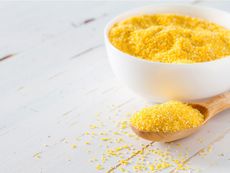
Cornmeal As Weed Killer And Pest Control: How To Use Cornmeal Gluten In The Garden
Cornmeal gluten is known as a natural substitute for chemical pre-emergent herbicides. Using this cornmeal as weed killer is a great way to eradicate weeds without the threat of toxic chemicals. Learn more here.
By Susan Patterson
-
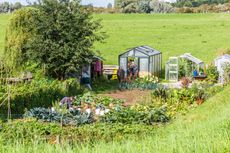
What Is Regenerative Agriculture – Learn About Regenerative Agriculture
Regenerative agriculture is a concept that can easily be adapted to the home garden. Learn methods to enrich and preserve the soil and contribute to a healthier planet.
By Mary H. Dyer
-
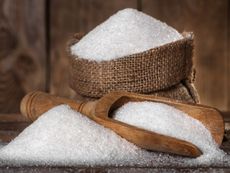
Sugar On Weeds: Using Sugar To Kill Weeds In Lawn And Gardens
If you're searching for a pet and child-friendly method of weed control, you'll find a surprising ingredient right in your kitchen cupboards: sugar! Learn more about sugar weed control in this article.
By Bonnie L. Grant
-
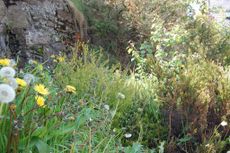
Weed It and Reap: How To Weed Your Garden Naturally
For the sake of the environment - and your pocketbook - herbicides should always be a last resort when all else fails. Learn about controlling weeds without chemicals in this article. Click here for more information.
By Mary H. Dyer
-
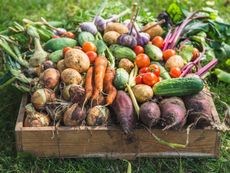
Sustainable Victory Garden: Planting A Garden For Climate Change
Reducing our carbon footprint is one way to slow the progression of climate change. The Climate Victory Garden initiative is another. Learn more here.
By Laura Miller
-
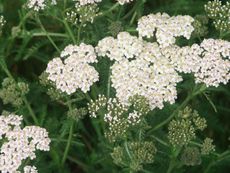
Plants That Fight Fleas And Ticks - Natural Flea Remedy
Warmer weather means tick and flea season, but there are plenty of plants, maybe right in your garden, that repel fleas and ticks. Learn more here.
By Mary Ellen Ellis
-
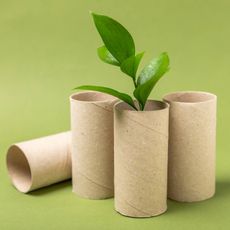
DIY Plant Collar Ideas: Making A Plant Collar For Pests
By Amy Grant
-
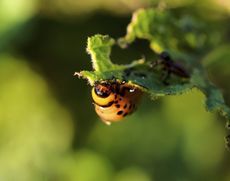
Natural Home Pesticides: Organic Garden Pest Control
Organic garden pest control is on the minds of many gardeners these days. Take a look at some natural insect repellents you can make for the garden in this article. Read here for more info.
By Heather Rhoades
-

Earth Conscious Gardening Ideas: How To Make Your Garden Earth Friendly
Lots of people are looking for ways to join in on green gardening trends. Environmentally friendly gardens start with a conscious decision to go back to natural ways of maintaining your landscape. For some earth conscious gardening ideas and tips, click here.
By Bonnie L. Grant
